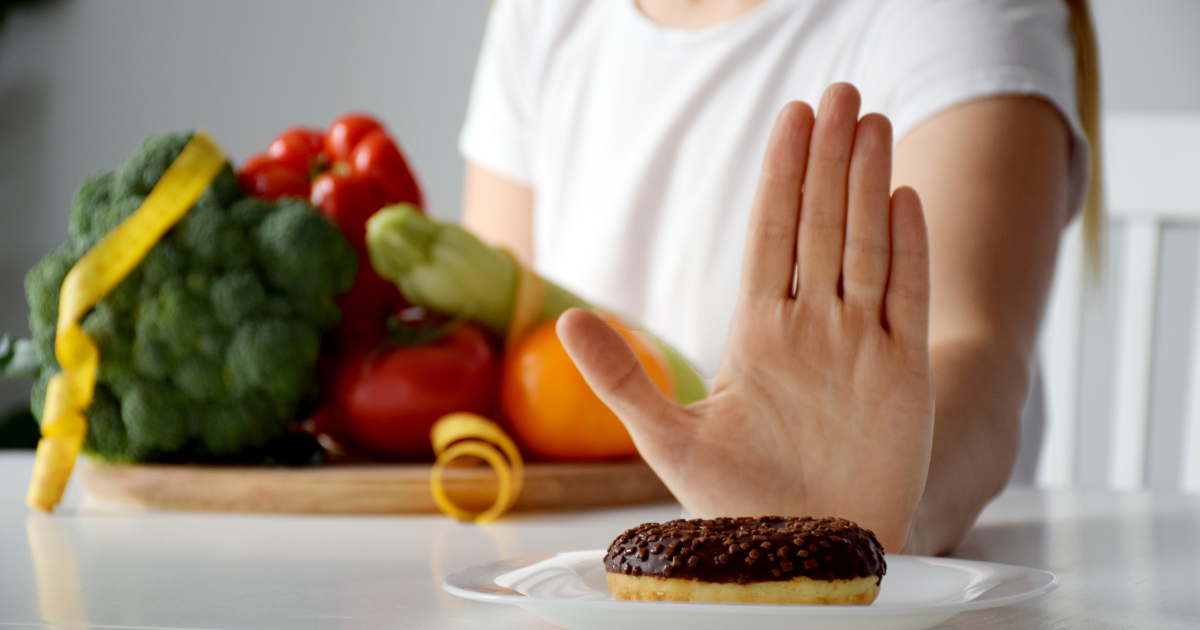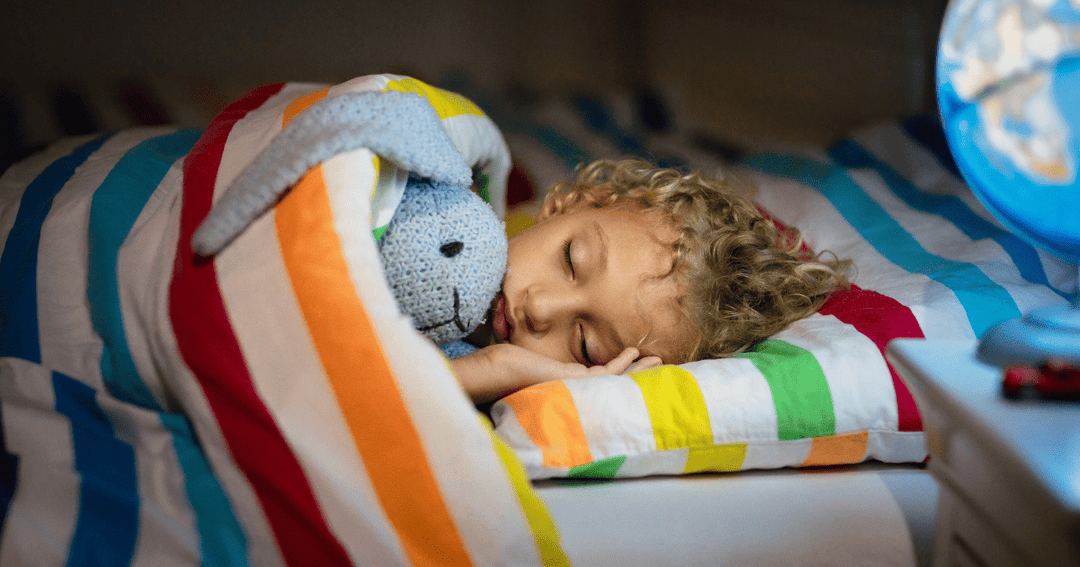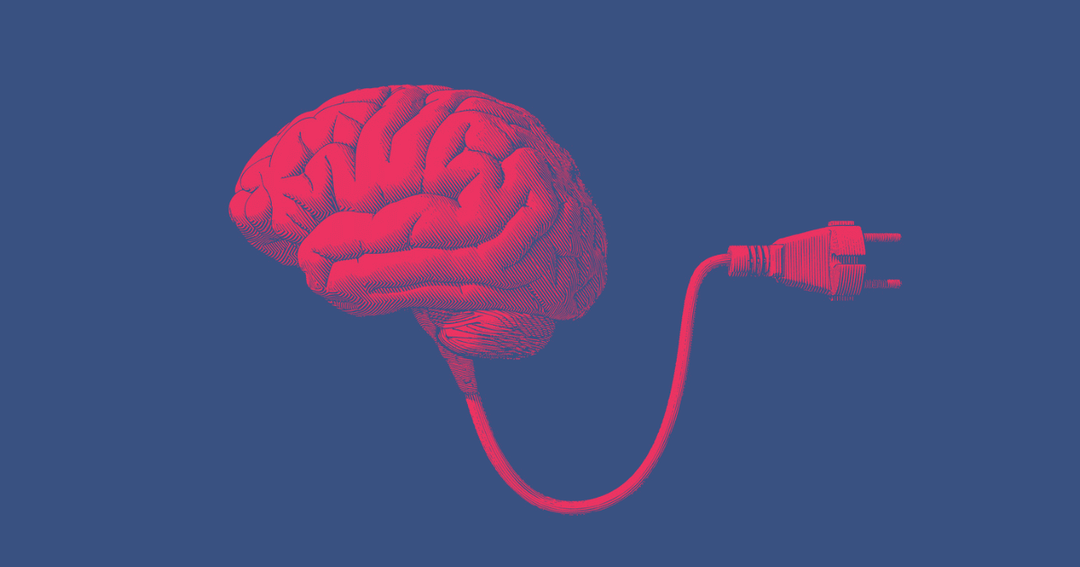Inflammation and Sleep

Do you have an inflammatory diet? If so, that may be the reason you also have trouble falling asleep and staying asleep. According to new research from the University of South Carolina, those with inflammatory diets sleep worse than their counterparts. The full report can be found in Nutrients. According to the lead researcher, he looked into the role inflammatory diets play in a variety of demographics via an analysis of other studies, which included pregnant women, all-men, and police officers. All of the findings came to the same conclusion: an anti-inflammatory diet is better for your sleep.
However, this doesn’t mean that these people sleep longer. Instead, they spend more quality time in bed without waking up in the middle of the night. This, in turn, improves sleep efficiency. But why do inflammatory diets affect our sleep? It’s because interleukin 6, tumor necrosis, and other inflammatory markers get in the way of our body’s sleep-wake cycle. If you eat a lot of foods that induce inflammation, you’re going to fall out of your natural rhythm, and insomnia ensues.
An Anti-Inflammatory Diet
If you have an inflammatory diet, the researchers warn you not to go “cold turkey” on it. Instead, start slow. Adding Sip2Sleep® to your nightly routine may help. This drinkable, organic solution has just two ingredients: tart cherry extract and Venetron®. Tart cherries are renowned for their anti-inflammatory properties, while Venetron® is a natural anxiety-buster. Together, they can help you get better sleep quicker—and naturally. There are no added ingredients and no systemic side effects.
When it comes to your diet, start adding anti-inflammatory foods into your meals and snacks. These might include green leafy veggies (kale is great), bright fruits like oranges and strawberries, nuts, fatty fish, and hot colorful peppers such as jalapenos. Little shifts can make a big difference. Focus first on what you can add, not take away.
This can include herbs, spices, and things like garlic and onions to meals you already like. Spices and herbs contain some of the strongest anti-inflammatory elements in the food world.
Sleep and Diet
Once you’ve changed up your diet a bit and added Sip2Sleep® to your night routine, take it further. Avoid foods that come in a box and animal protein (with fatty fish being the exception) whenever you can. When you go grocery shopping, focus on the perimeter where the fruits and veggies are. The freshest foods are kept in this area. Anything boxed and processed is going to be full of additives that are probably worsening your inflammation. That can seem like a tough thing to do, so work on bettering your snacks first.
Also: Best Foods for Sleep: What to Eat and Avoid Before Bed
Some of the worst offenders in the snack world are packaged cookies, chips, cereal, cakes, pastries, crackers, and of course, sodas and other drinks full of sugar and chemicals. Avoid fried foods whenever you can and those heavy in oil (such as pizza). You don’t need to do this all at once. Getting rid of just a couple of inflammation-inducing foods that are part of your diet can help. You’ll enjoy both short-term and long-term benefits. Plus, after a couple of days of better sleep and more alertness during the day, it’ll make it easier to embrace an anti-inflammatory diet.
Anti-Inflammatory in the Long Run
What does reducing inflammation do for you over time? It can reduce risks of heart disease, obesity, and cancer. Addressing insomnia can also reduce the co-morbidities associated with it—which are vast on both a physical and mental health level.
Inflammation disrupts our circadian rhythm, but also how well we digest food and our ability to fight off infections. Working towards an anti-inflammatory diet can be a lifelong project, especially since food addiction is a very real thing (and we all want meals and snacks that we enjoy). Expand your palate and horizons, and challenge yourself to try out new foods that can help your physical and mental health.
Also: Does Sleep Affect Digestion? (And Vice Versa?)
One of the easiest things to do is to start taking Sip2Sleep every night. It can take the place of any nightcap and is quick and easy to enjoy. Just one bottle a night may help reduce inflammation so you can get the sleep you need.







